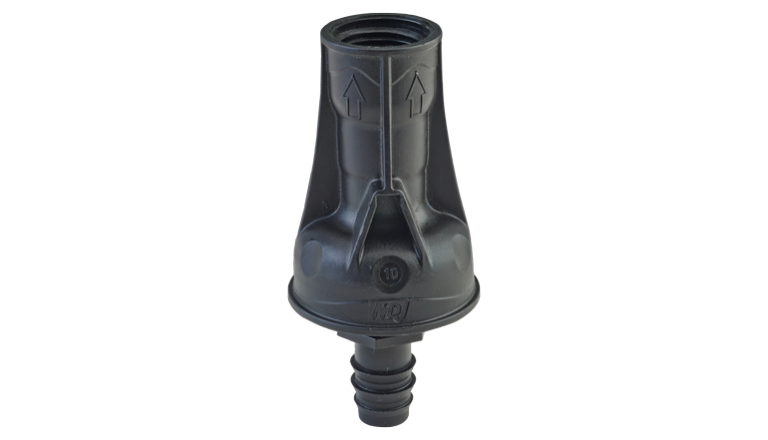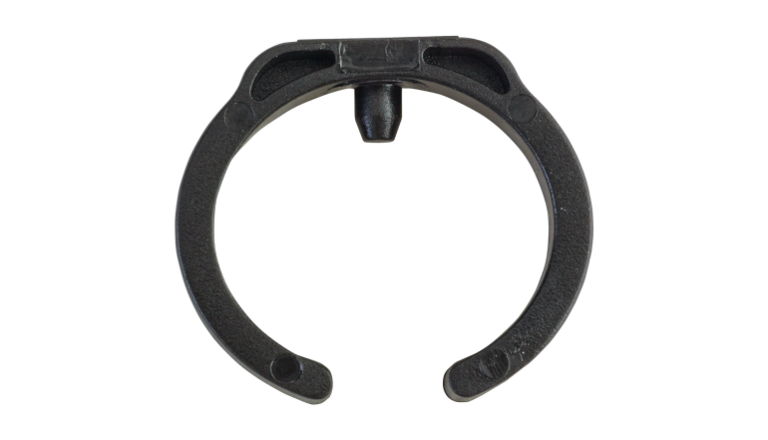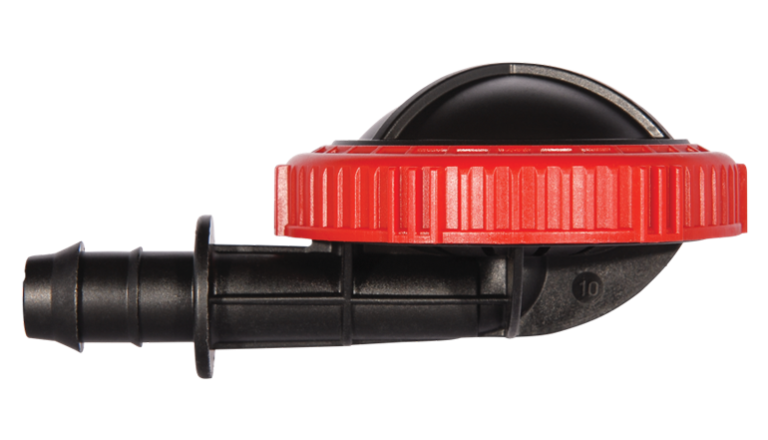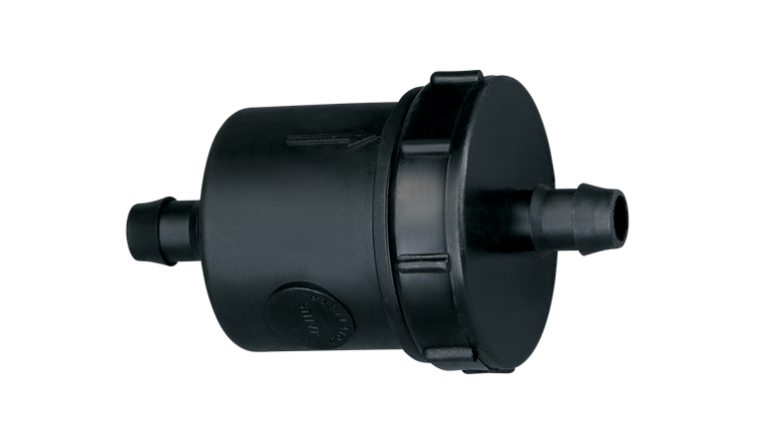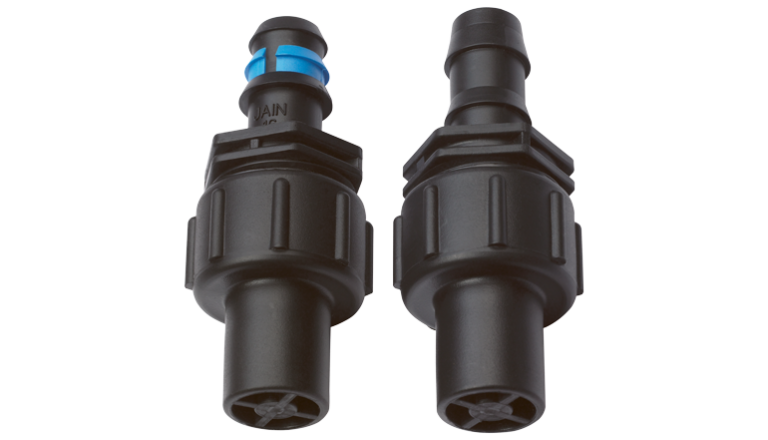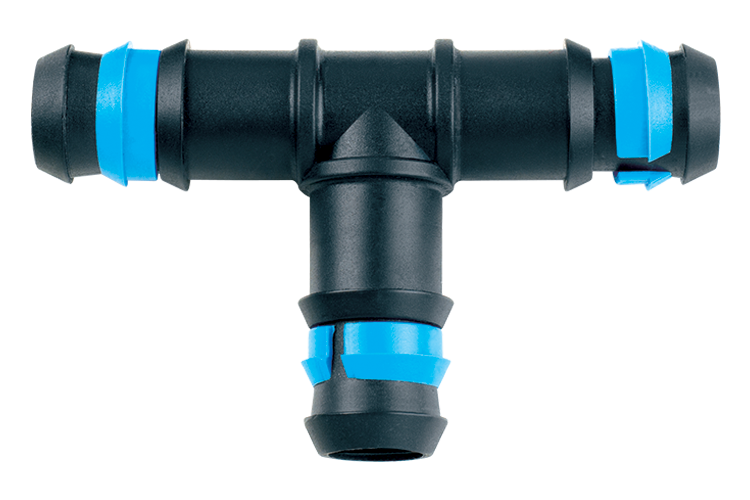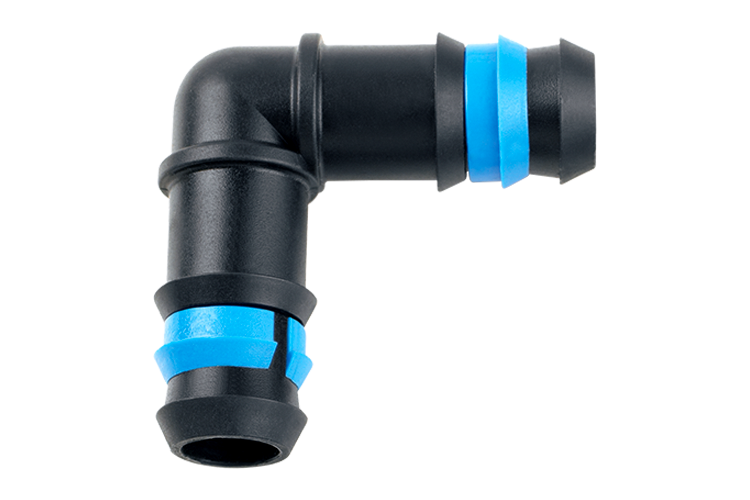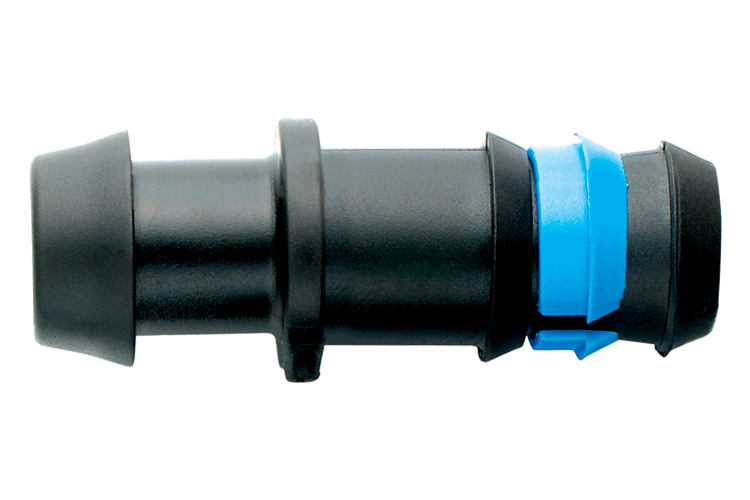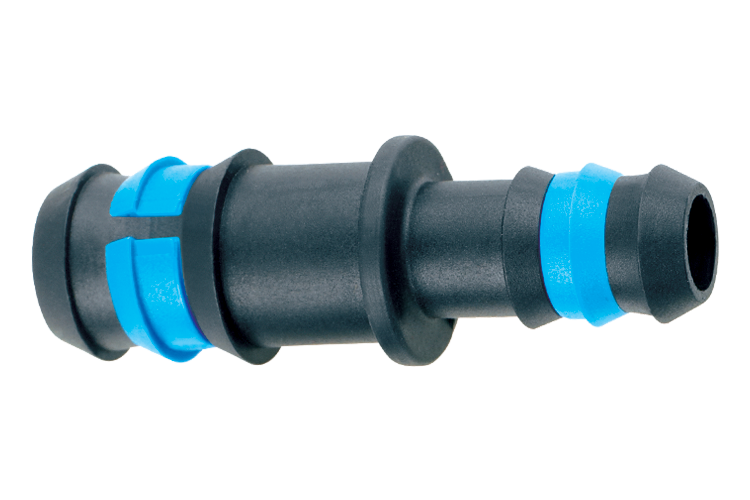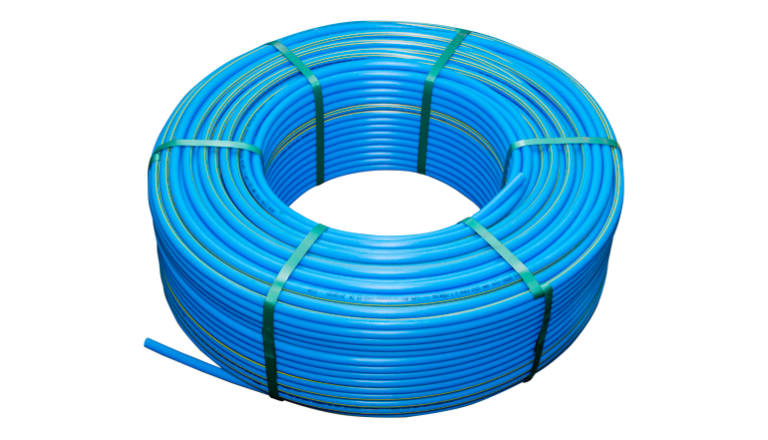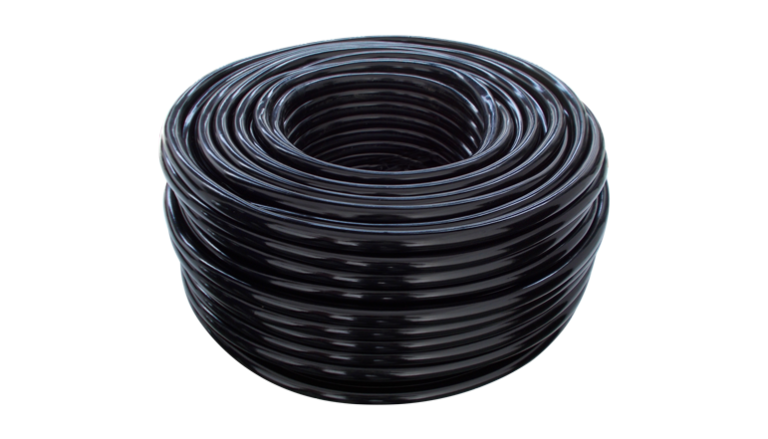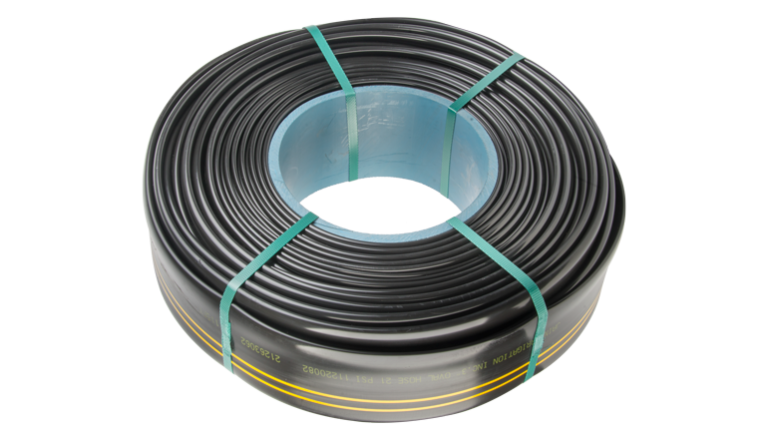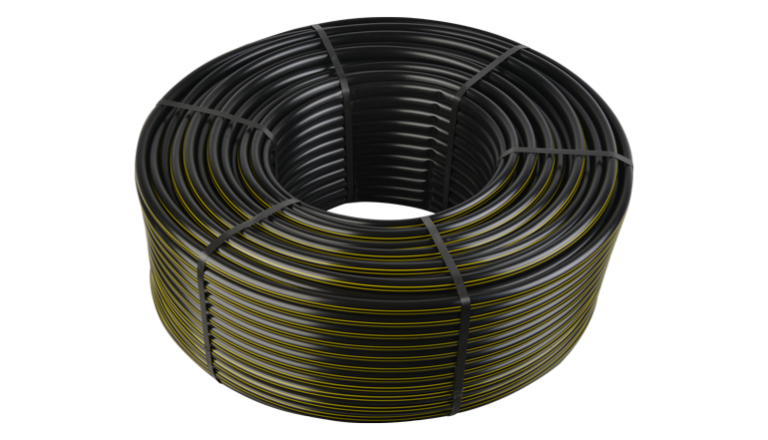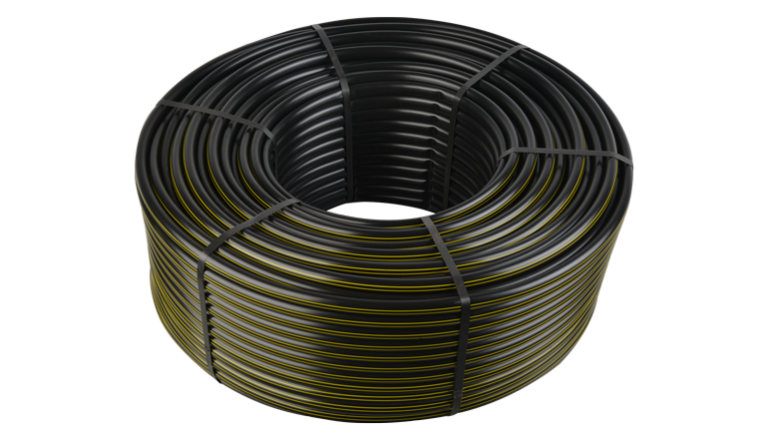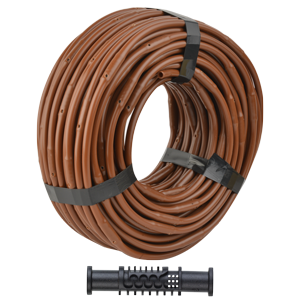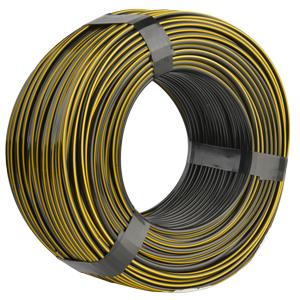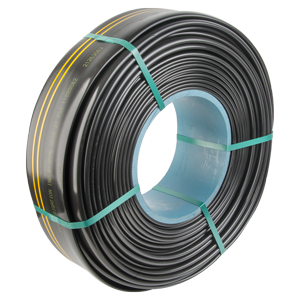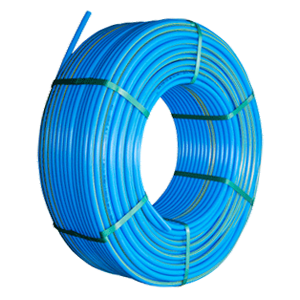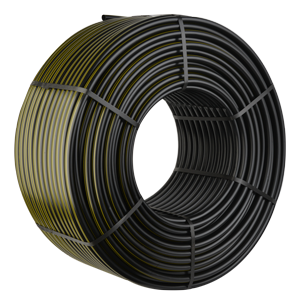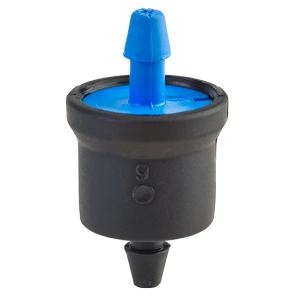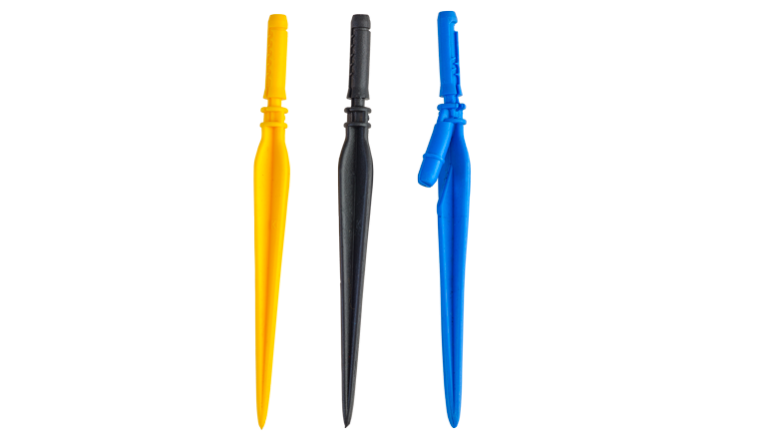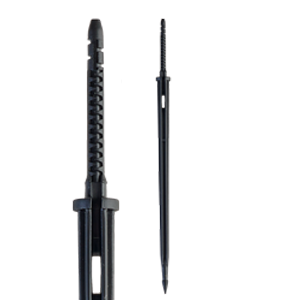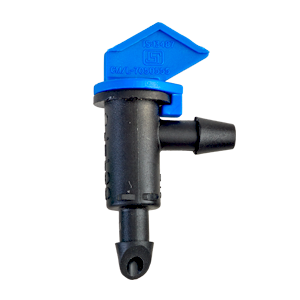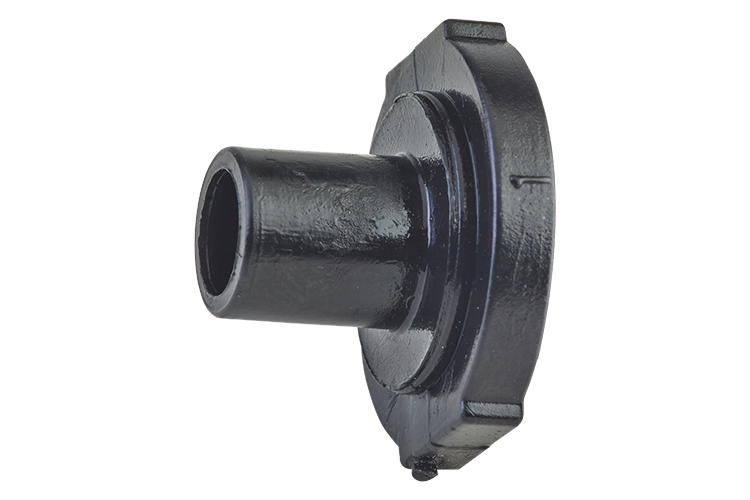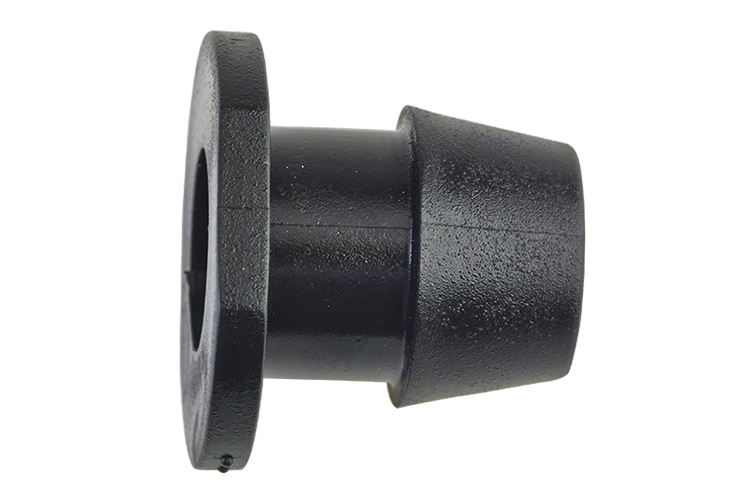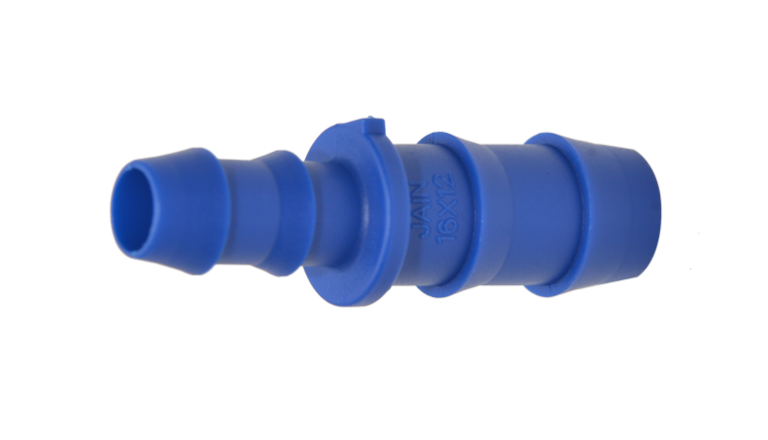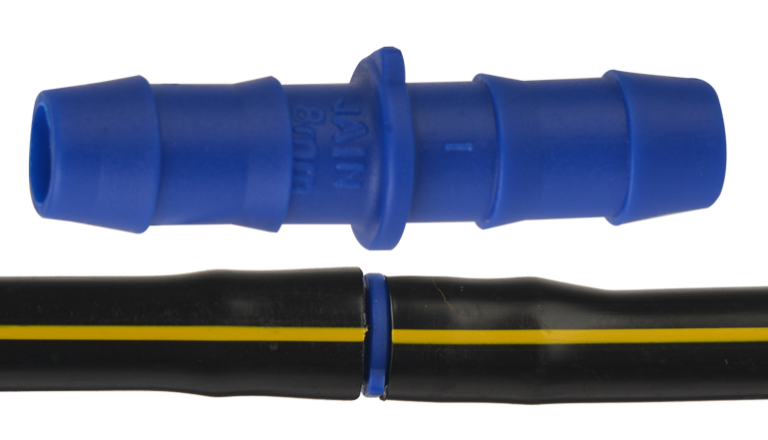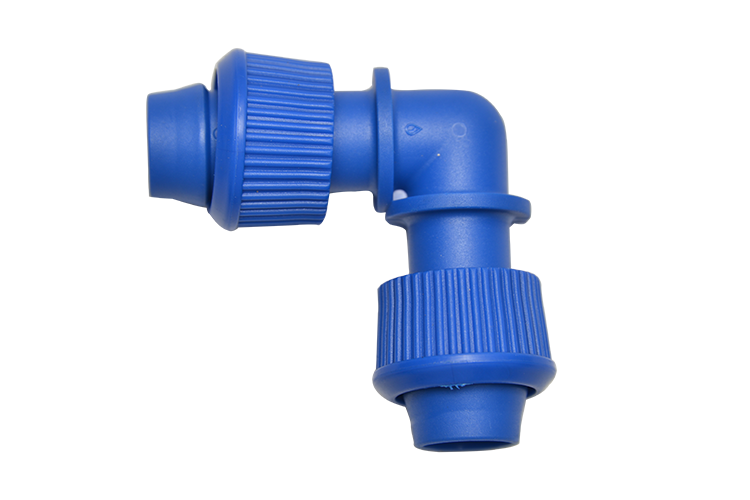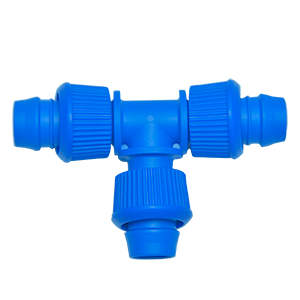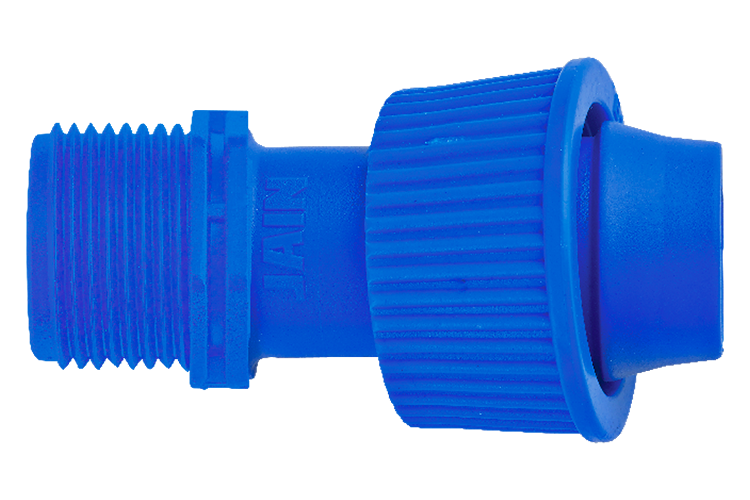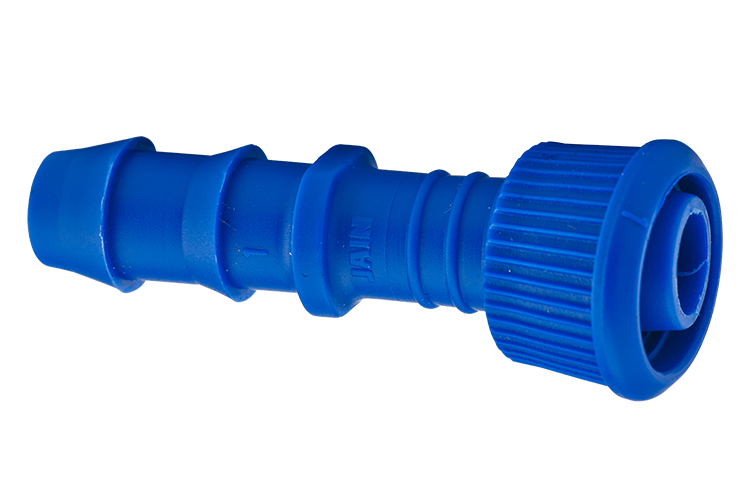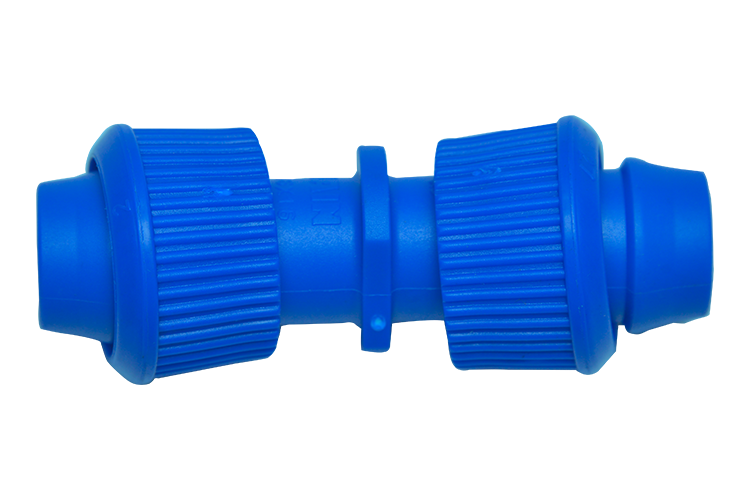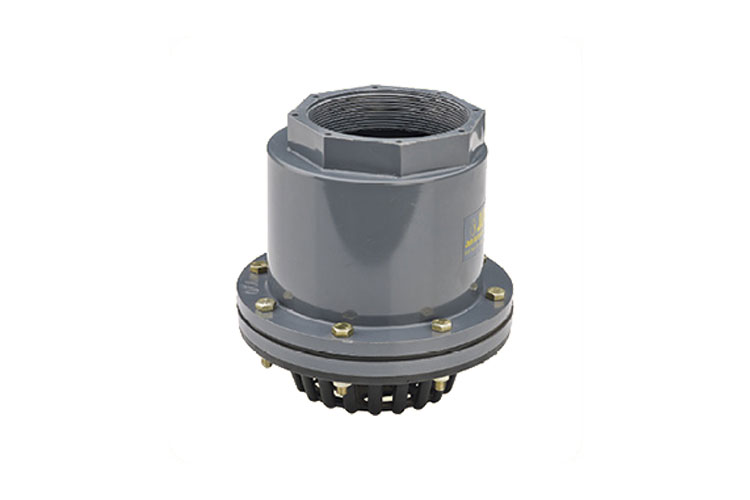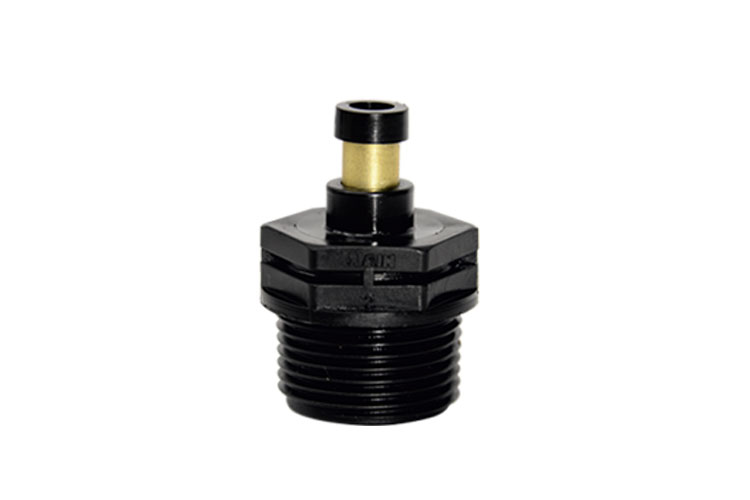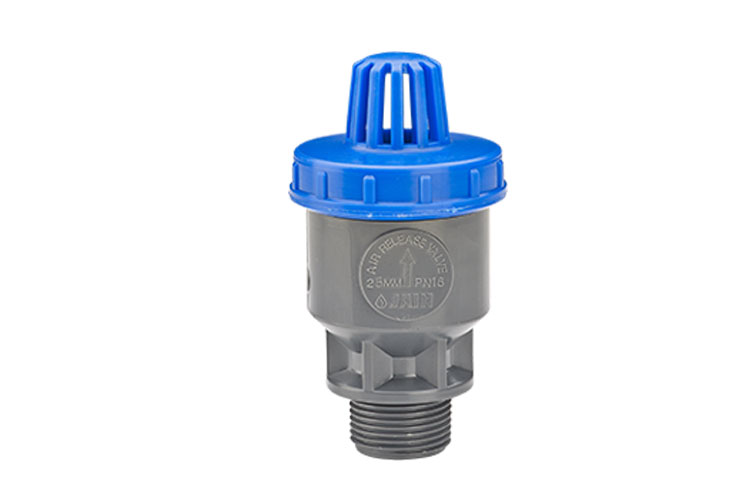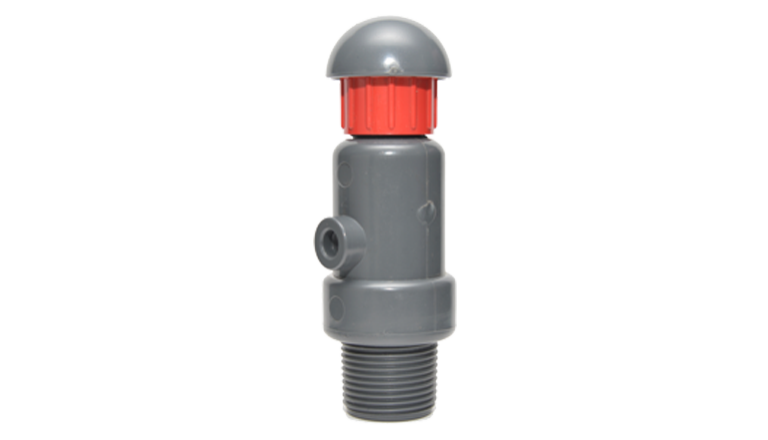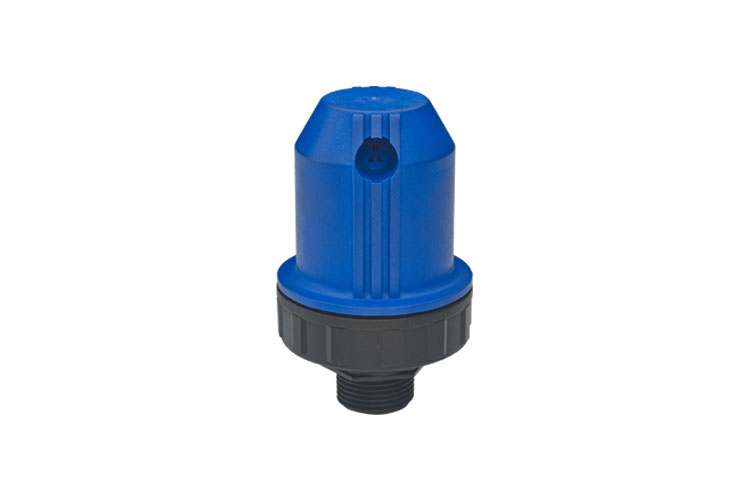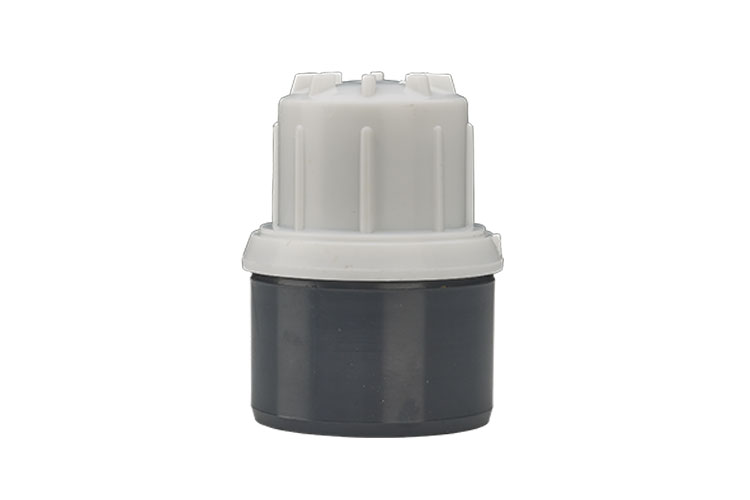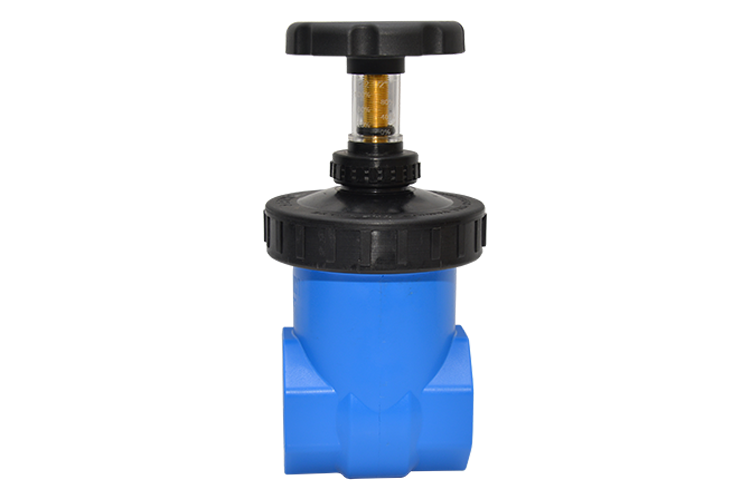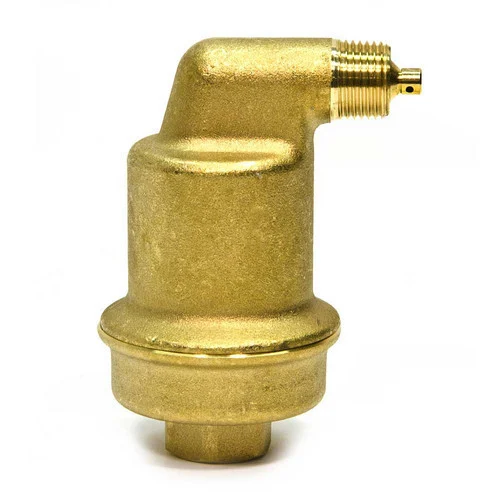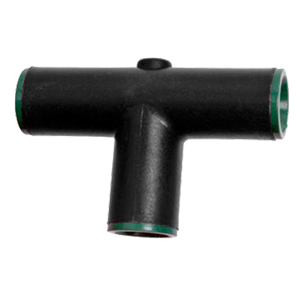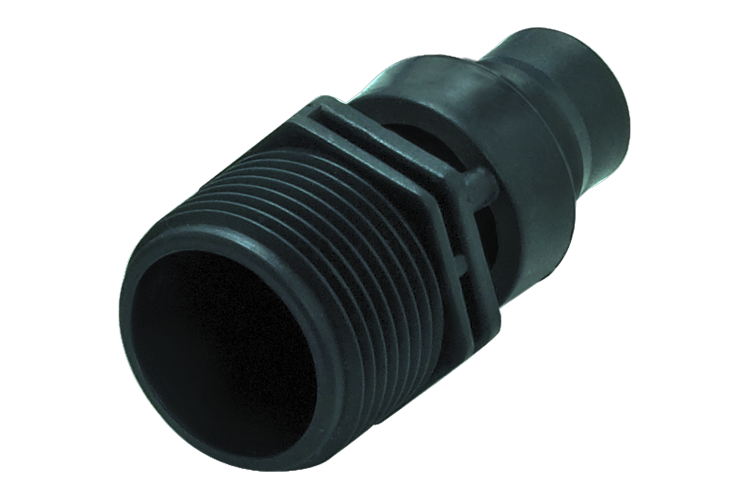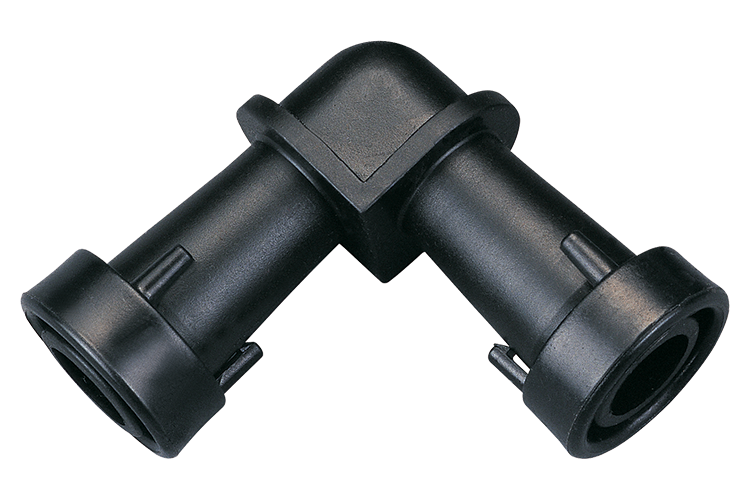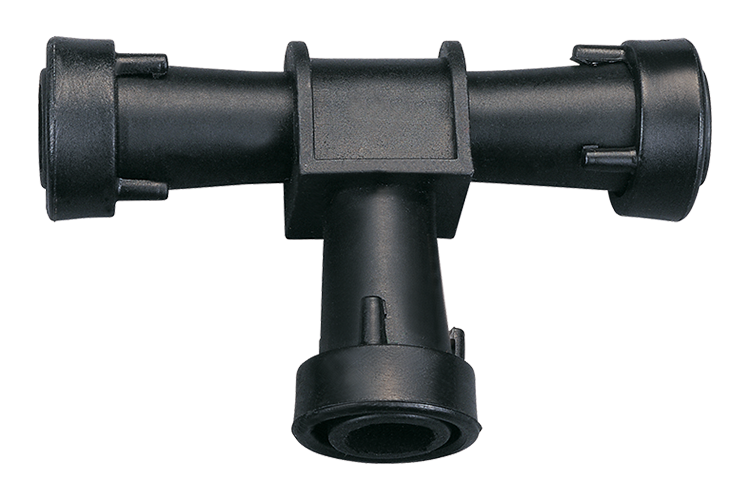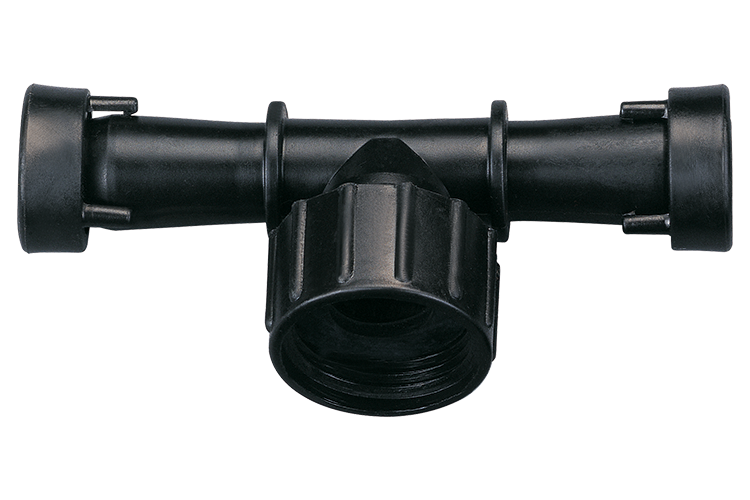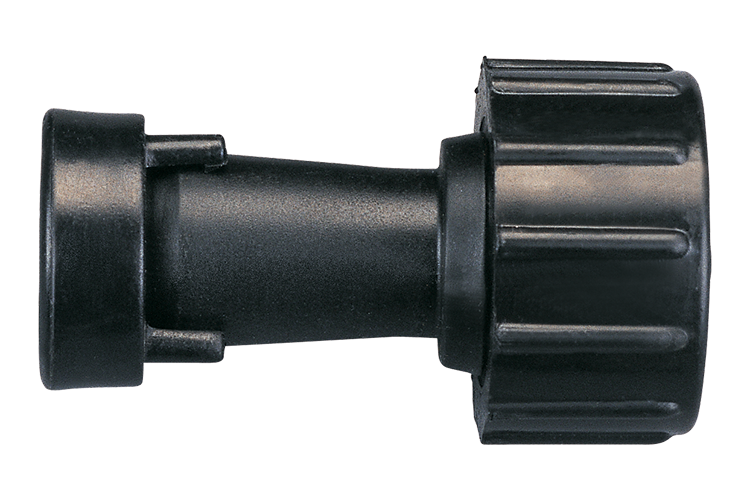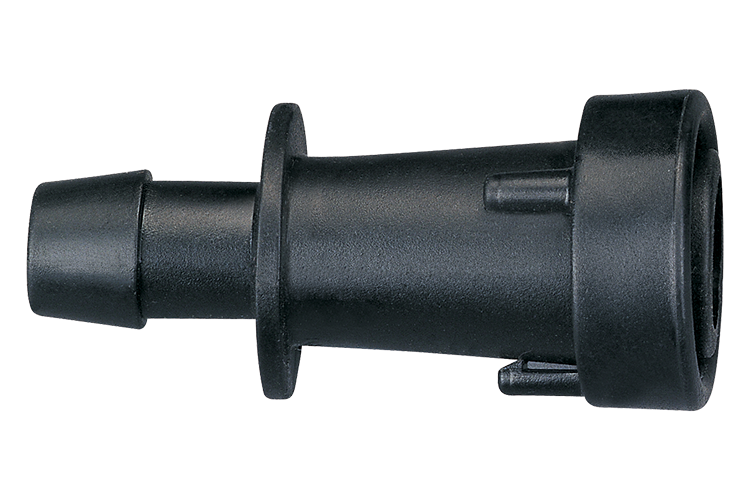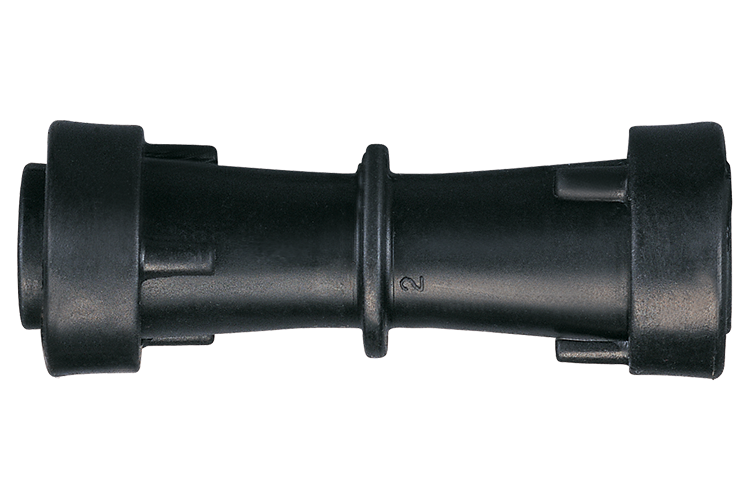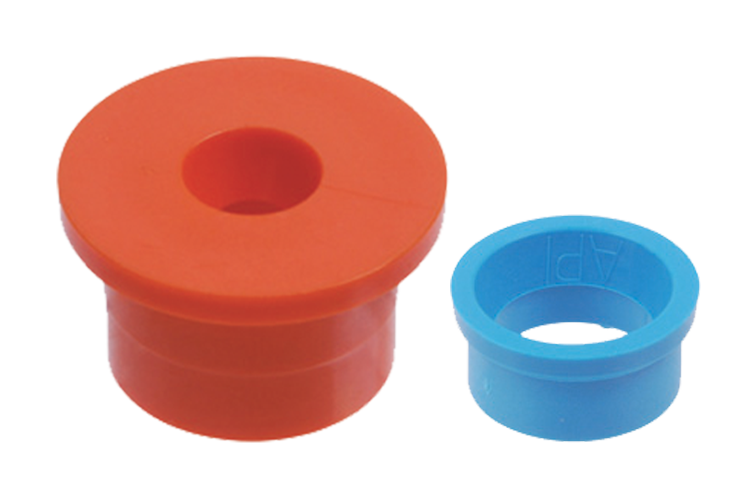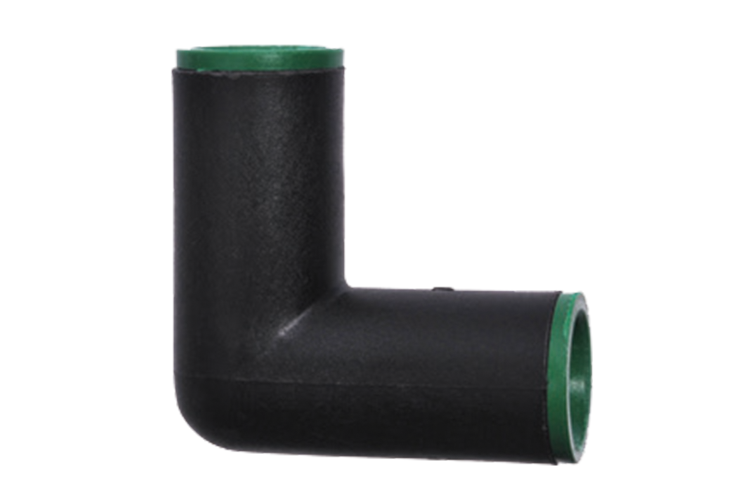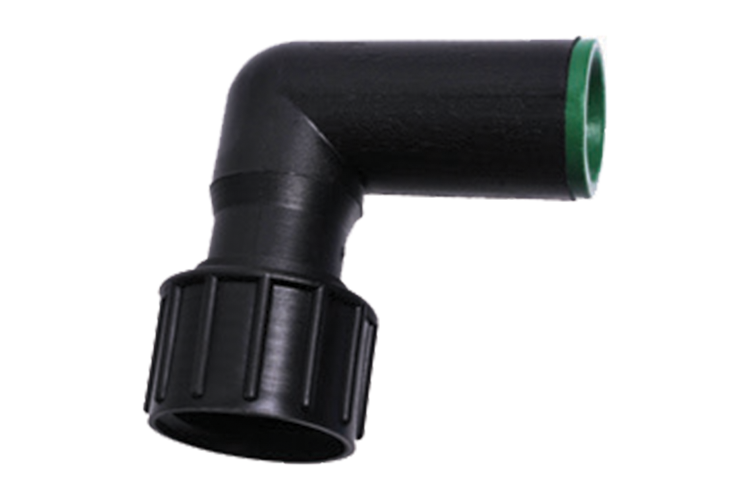Drip Irrigation System
Drip irrigation is a highly efficient and precise method of delivering water directly to the root zones of plants, making it an essential technique for both agricultural and landscaping purposes. This system consists of a network of pipes, tubes, valves, and emitters that work together to ensure the controlled release of water to plants.
In a drip irrigation system, water is transported from a water source, such as a well or reservoir, through a main supply line. This main line is connected to a series of smaller pipes or tubes, which are strategically laid out along the planting rows or landscape beds. The water is then distributed to individual plants through emitters, such as drip tubes, hoses, or tiny valves.
One of the key advantages of drip irrigation is its precision. Unlike traditional surface irrigation methods like sprinklers, which can lead to water wastage due to evaporation and runoff, drip irrigation delivers water directly to the plant’s root zone. This targeted approach minimizes water loss and ensures that each plant receives the right amount of moisture it needs for healthy growth.
Drip irrigation systems offer several benefits:
Water Conservation: Drip irrigation significantly reduces water wastage, conserving this precious resource.
Improved Plant Health: Plants receive a consistent and controlled supply of water and nutrients, leading to healthier and more robust growth.
Weed Control: Since water is delivered only to the intended plants, there is less moisture available for weeds to thrive, reducing the need for herbicides.
Reduced Disease Risk: The system keeps plant foliage dry, lowering the risk of fungal diseases, which thrive in damp conditions.
Customization: Drip systems can be tailored to the specific needs of different plants, allowing for flexibility in irrigation management.
Energy Efficiency: Drip irrigation systems often require less energy compared to other methods like overhead sprinklers.
Whether used in large-scale agriculture, small gardens, or landscaping projects, drip irrigation is a smart and sustainable solution that maximizes water efficiency while promoting healthy plant growth. It not only benefits plant health and yields but also contributes to water conservation and environmentally friendly practices.
- Based on careful study of all the relevant factors like land topography, soil, water, crop and agro–climatic conditions, we select the most suitable and scientific micro irrigation system. SMR offer you a complete system for your crop so that you reap all the benefits.
- We at SMR Irrigation do not merely sell the micro irrigation system, we provide Agronomic and Extension support, after sales services and all technical support for getting better crop returns.
- SMR are a one stop shop for total Agricultural input needs. We have the capability and adequate support infrastructure to take up total turnkey Agricultural Development Projects of any size within the country or abroad, irrespective of land, topography, soil, water and other Agro climatic conditions.
- SMR Micro Irrigation System is made from high quality virgin raw materials, using advanced machinery. It is durable, reliable and meets international quality standards.
- From apple, grapes, banana, sugarcane, tea, coffee, cotton, mango, teakwood, vegetables, flowers etc., whatever may be your crop, we have a suitable micro irrigation system for each of them.
- SMR Micro Irrigation System means a technology developed for farmers by a company which knows and understands the farmer and his needs for over five decades.
- Increase in crop yield up to 230%.
- Saves water up to 70% compared to flood irrigation. More land can be irrigated with the water thus saved.
- Crop grows consistently, healthier and matures fast.
- Early maturity results in higher and faster returns on investment.
- Fertilizer use efficiency increases by 30%.
- Cost of fertilizers, inter–culturing and labour use gets reduced.
- Fertilizer and Chemical Treatment can be given through Micro Irrigation System itself.
- Undulating terrains, Saline, Water logged, Sandy & Hilly lands can also be brought under productive cultivation.


